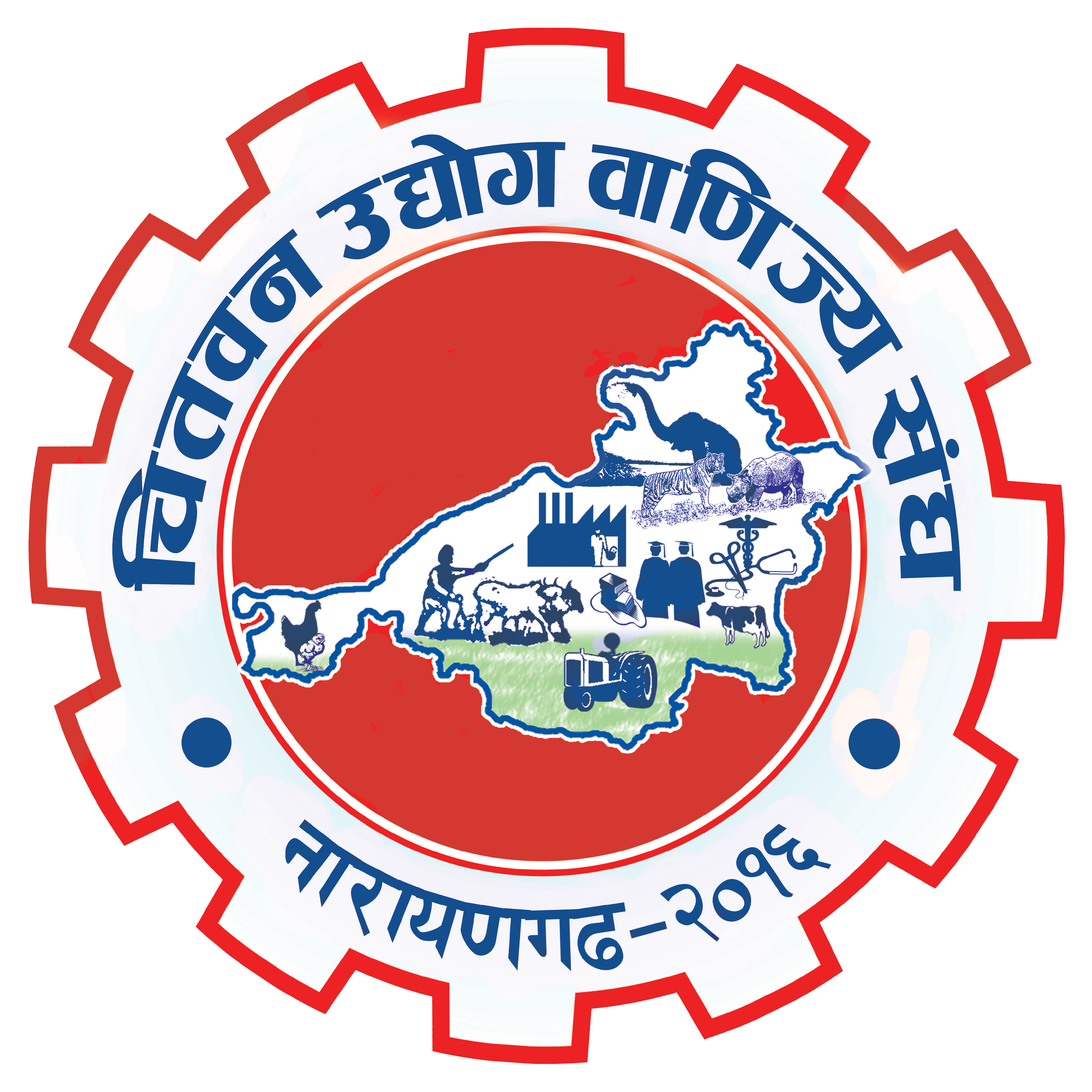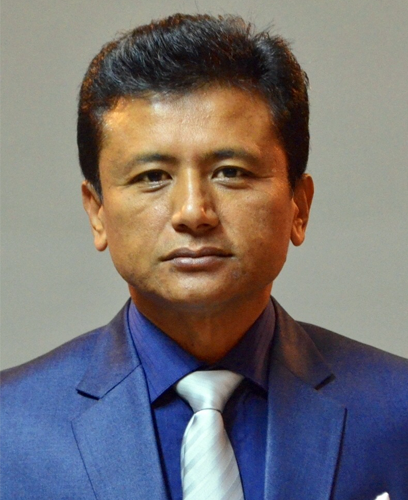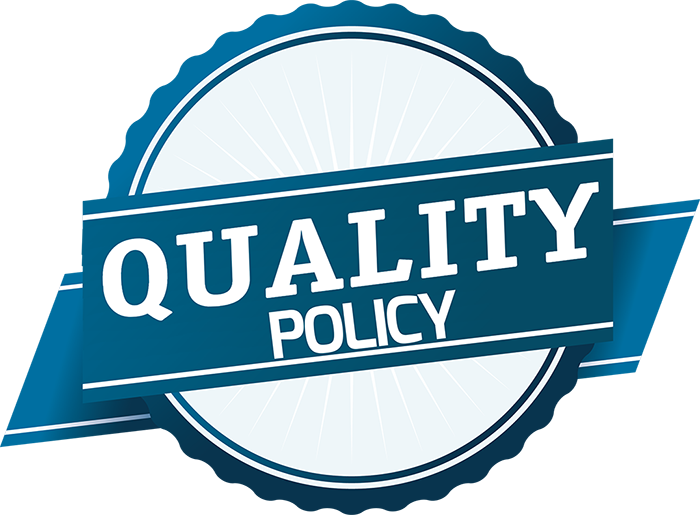Why should you become a member?
Have you become a member of the organization yet?
If not, then now is the time for you to take advantage of the opportunities by becoming a member of this Chamber of Commerce and Industry.
Becoming a member of this organization provides you with the following benefits:
- You become part of an organization that is recognized for representing the interests of its members and professionals, which allows you to avail the benefits provided by the organization.
- You will have access to valuable information about the professional and business sectors, which will aid you in your decision-making process.
- By being a member of this organization, you will have direct representation and influence within the professional and business sectors.
- You will have the opportunity to exchange knowledge and expertise with other professionals in the field.
- Through this organization, your business will have representation at both national and international forums, which provides various opportunities for exposure and networking.
- You will be supported by the Chamber of Commerce and Industry in areas of market promotion, supply chain improvement, and other business-related activities.
By becoming a member of the Chamber of Commerce and Industry:
- You can participate in the decision-making process of the organization.
- You will be updated on important market trends and issues, helping you stay informed about market conditions.
- The organization will provide a platform for your business to engage with local, national, and international partners and stakeholders.
- Through the organization, your business will have access to valuable professional services and advice.
- You will be able to attend events and programs that offer networking opportunities with other members and businesses.
- The Chamber will support you in participating in seminars, conferences, and other important events related to business and professional development.
So, why wait to become a member of CCIC?
Join today and take advantage of all the benefits and opportunities available to you.
Being a member of this organization helps you to:
- Enhance your professional skills by attending workshops and training programs offered by the organization.
- Represent your business interests at the national and international level through various affiliations.
- Gain access to market research and analysis reports that will help you make informed business decisions.
- Expand your network and partnerships by attending events and conferences organized by the Chamber of Commerce and Industry.
- Represent your business in various government and non-government forums, and ensure that your voice is heard in important decision-making processes.
What are you waiting for? Join the Chamber of Commerce and Industry and take your business to new heights.




















